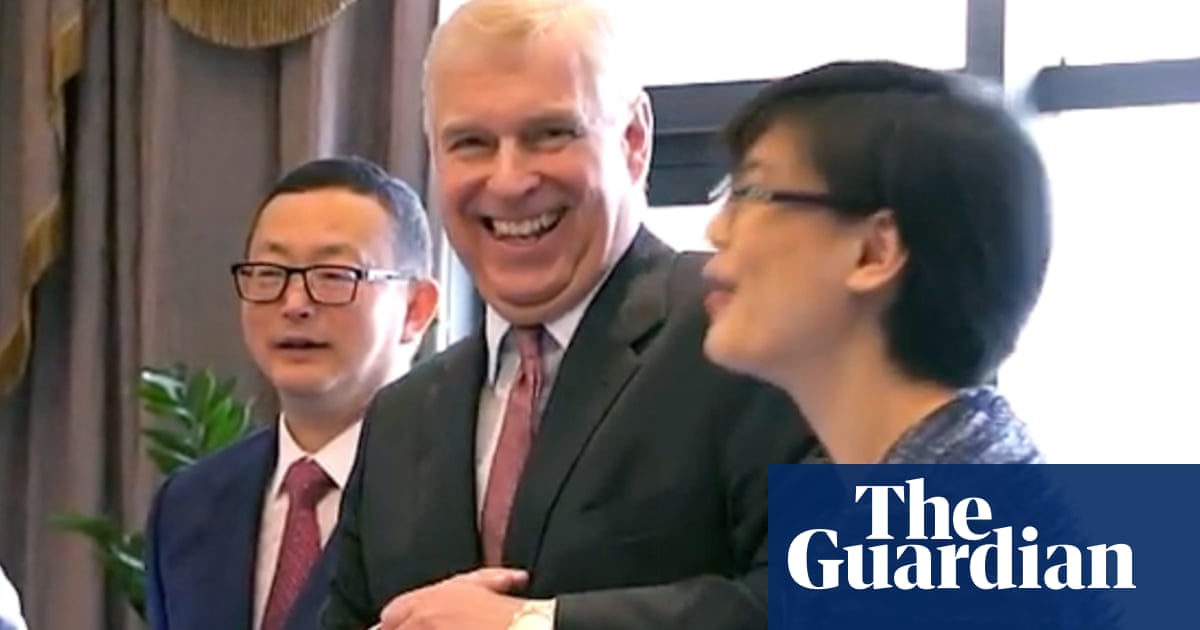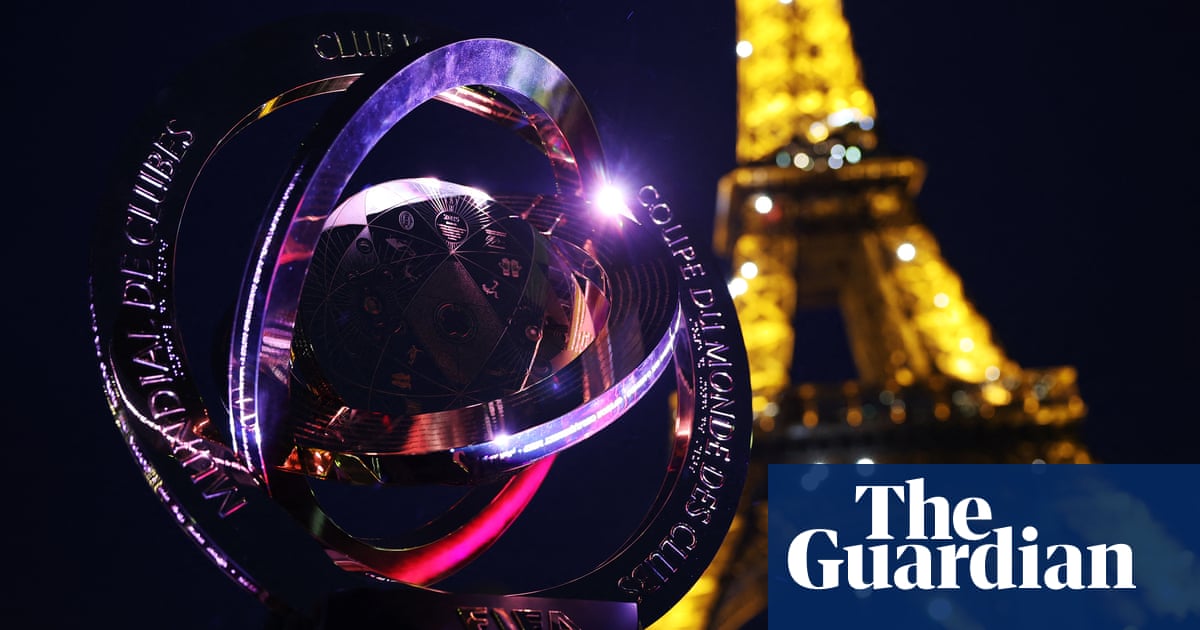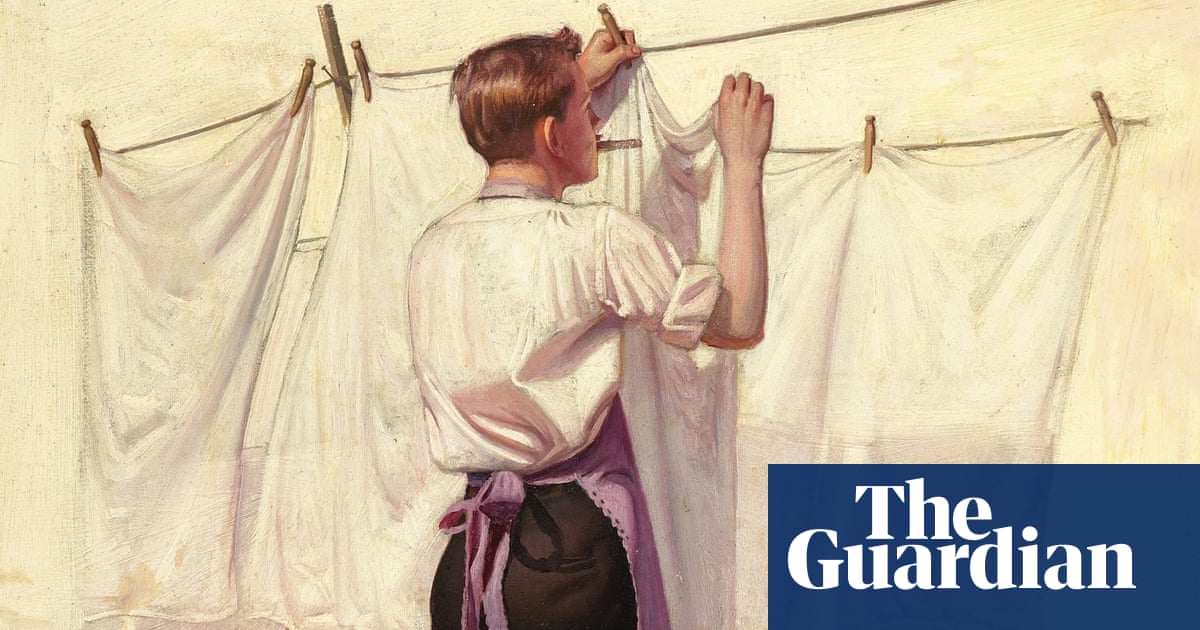Phil Vickery sighs. His cheeks are red, his eyes are wet. “I’m quite emotional, always have been,” he says. “I don’t know why. Maybe it’s my upbringing, middle child, the-forgotten-about-one, I don’t know. No one ever gave me anything. I used to argue with the sports psychologist, they always told you: ‘Emotion clouds judgment’. Well it might well do, sunshine, but let me tell you, when you’re binding up for a scrum and you’re a-metre-and-a-half apart and you’ve got something over there, a tonnage, who wants to fucking eat you, you need to be emotional. If you ain’t, there’s something wrong with you.”
Retirement has been hard on Vickery. He used that emotional energy as fuel when he was a player. These days he sometimes seems to be at a loss to know what to do with it. It’s been 14 years since his last match, he was at it 20 years, won 73 England caps and five more for the British & Irish Lions. He still carries the wounds. Some he has been able to fix, others he is still working on, some you can see some, others you only hear. He has been through a divorce, a bankruptcy, and has spent a lot of time struggling with his mental health. He is phlegmatic about it, but there is a hell of a lot of hurt in him.
When they held the 10-year reunion for the team that won the World Cup, back in 2013, Vickery didn’t feel able to go. “I physically couldn’t bring myself,” he says, “it made me feel physically sick. When I start thinking about that shit now, how I was battling away for years with the emotional side of things, it just becomes normal because you don’t know any better. It’s probably not until you reach rock bottom, I suppose, and you’ve got nowhere else left to go, then you cannot hide it any more.”
Eleven more years on, he is happy to be part of the 21st reunion, and the accompanying documentary, Unbreakable.
It’s hard watching. Life worked out fine for plenty of that team, others, such as Vickery, found it harder going. They were, his old teammate Ben Cohen says, “a crash-test dummy generation”, the first cohort of professional players, and the sport didn’t really support them during or after it all. Vickery and his teammates were, infamously, made to go back out and play for their clubs the very next weekend after they won the final. The foundation the 2003 squad have launched together now is an attempt to put that right. “Some of us need some financial support,” says Vickery, “Some need emotional support. Some just need a bit of camaraderie.”

Victory shouldn’t cost this much, and the men and women who run this sport should be ashamed about the state some of the players who gave their lives to it are in now. “It’s not about finger pointing, it’s not about blame, it’s just trying to get across what reality is. And it’s not all doom and gloom. We’ve got some amazing guys in the squad. Incredibly successful people,” Vickery says.
“But everyone is fighting a battle somewhere. And if a big old oaf like me can be bothered to stand up and go: ‘I’m Phil Vickery, MBE, England captain, played in three Rugby World Cups, won the European Cup, duh-duh-duh-duh-duh, and actually I’ve fucking battled and I’ve struggled, and if that helps somebody, brilliant.’”
Vickery is part of the legal action, which is seeking compensation from World Rugby, the Rugby Football Union, and the Wales Rugby Union, for their alleged negligence in failing to protect the players from brain injuries they suffered during their playing days.
“I knew that I had issues with memory and brain,” he says. “Then when I went for the scan, it came back and showed probable CTE, which I kind of knew before I’d even had it done. I said that to the guy: ‘I know something’s wrong with me.’ But I didn’t want to do anything about it. There are lots of people out there now who are in denial, but have got issues and problems. I know it. But anyway, that’s another story.”
after newsletter promotion
Until now, he didn’t want to be one of the players who spoke out about his involvement in the lawsuit. He hates the idea that anyone would think he is trying to hurt the game. “I haven’t openly gone out and challenged stuff,” he says. “I’m not angry, I’m not bitter, none of that. It’s just that the reality is that in a few years’ time I could possibly be not in a very good way, I will need help, I will need looking after, and I’d like to think whoever’s around to look after me has got some money or some income to be able to do it instead of me being a burden to my family or friends.
“I just want to try to secure my future if I can, for people who will be there to look after me. And I don’t think that’s unreasonable. If people have other views about it, I’ve got no issues with that at all. Fine. But you know, the classic example of: ‘Well, you knew what you signed up to.’ I didn’t. I don’t remember talking about getting brain damage. You do have to make sacrifices. You can question whether or not to sacrifice as much as perhaps I’ve had to.”
‘Unbreakable: England 2003’ is available on TNT Sports and on-demand on discovery+

.png) 3 months ago
25
3 months ago
25













































